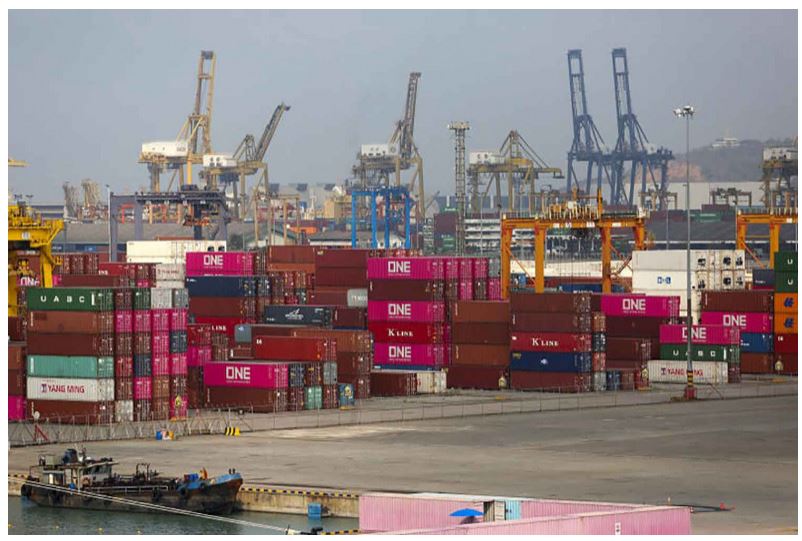Western slowdown to weigh on Thai production
Thai exports are likely to be indirectly affected by banking problems in the US and Europe, slowing an already sluggish sector and causing a drop in the Manufacturing Production Index (MPI), according to the Office of Industrial Economics (OIE).
The index dipped 0.45% to 98.9 points in February on a monthly basis, with the March MPI unlikely to improve as foreign demand for Thai products remains weak amid a sluggish economy in the US and European countries, said Warawan Chitaroon, director-general of the OIE.
Banking turbulence in the US, Switzerland and Germany could hamper Thai exports, though the local financial sector only expects a limited impact.
The California-based Silicon Valley Bank and New York-based Signature Bank failed, while 167-year-old flagship Credit Suisse in Zurich required a rescue and shares of Frankfurt-based Deutsche Bank recorded a slip.
The impact of these financial troubles may be more clearly recorded through overseas goods purchase orders in March, said Mrs Warawan.
“They may trigger a cautious mood, causing foreign customers, especially those in the US and Europe, to be more careful about their spending,” she said.
“Customers may delay ordering products or ask to adjust specifications of items they want to buy. This will certainly affect Thai manufacturers and exporters.”
Furniture exports are a concern, said Mrs Warawan, as sluggish Western economies have led to fewer purchase orders in this sector, especially those made of rubber wood. China also increased its furniture production, intensifying competition in the global market.
The OIE reported Thai furniture manufacturing decreased by 56.5% year-on-year in February. Dips in furniture, hard disk drive and plastic pallet output affected the MPI last month.
Improving industries in the index were mainly related to tourism, driven by more tourist arrivals, especially Chinese. Bag manufacturing, particularly travel bags, increased by 34.7% year-on-year, while oil refinery output gained 7.3% as demand for jet oil grew.
Sugar manufacturing increased by 23.4%, attributed to higher cane output and growing demand for sugar in the food and beverage industries.
Car manufacturing hiked by 6.6% year-on-year as more semiconductors were supplied to manufacturers.
Mrs Warawan believes tourism will be a key factor driving the MPI in March.
Source: https://www.bangkokpost.com/business/2539274/western-slowdown-to-weigh-on-thai-production


 English
English




